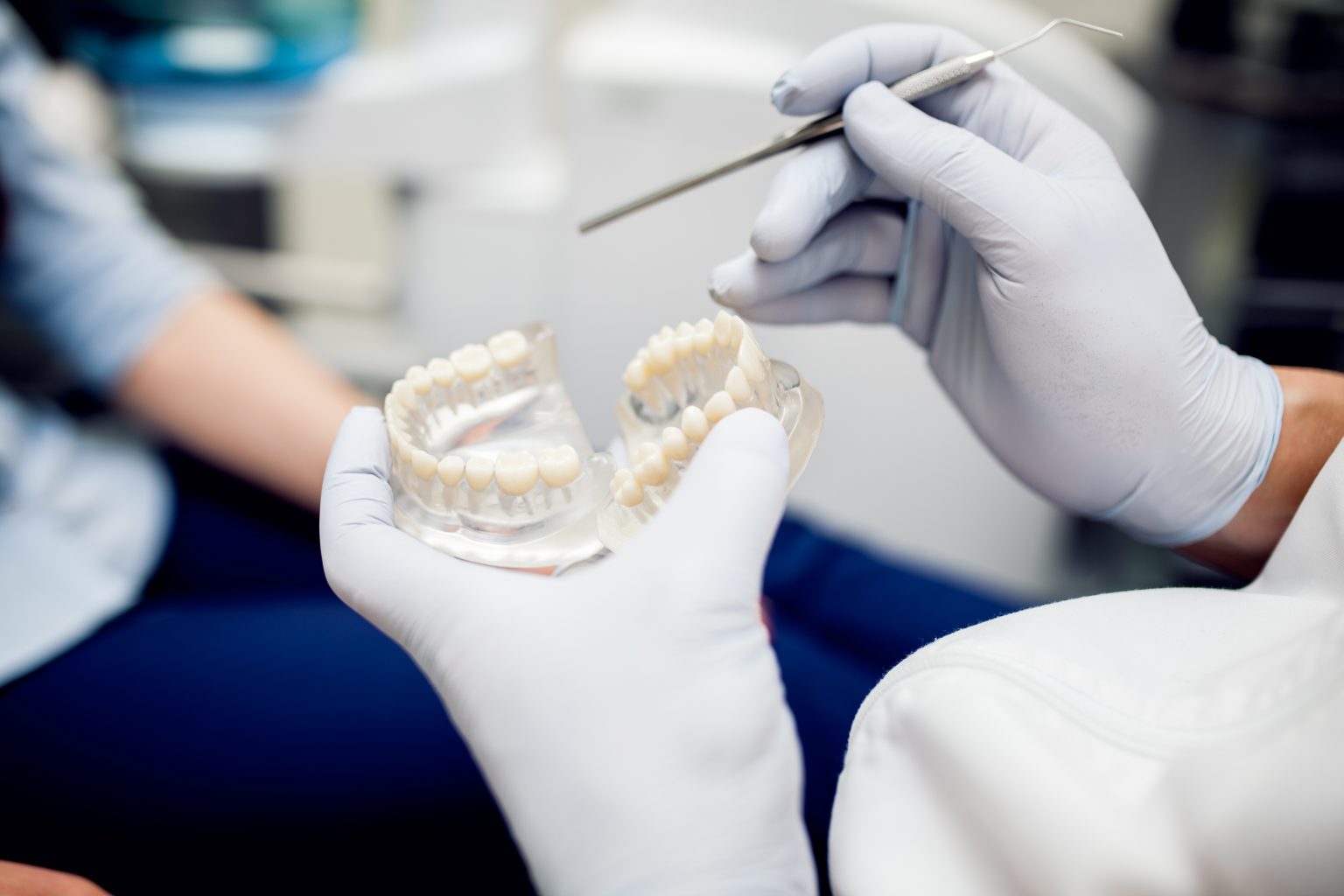Overview
In dentistry, oral sedation is frequently used to make patients feel more at ease and relaxed during procedures, especially while having their teeth extracted. Knowing how oral sedation works, its advantages, and what to anticipate during your visit is crucial if you’re looking for “oral sedation near me.” To assist you in making selections, this article offers a summary of oral sedation tailored to tooth extractions as well as answers to often asked questions.
1. What is sedation by oral means?
In order to create a relaxed state before to a dental procedure, oral sedation entails consuming medicine in pill or liquid form. Oral sedation considerably lowers anxiety and discomfort while allowing patients to stay alert and responsive, in contrast to general anesthesia.
2. How Do Tooth Extractions Proceed with Oral Sedation?
You usually take the drug about an hour prior to your visit if your dentist recommends oral sedation for a tooth extraction. This promotes relaxation and may make you drowsy, which facilitates a more seamless extraction procedure. Throughout the process, the dentist will keep an eye on your vital signs to make sure you’re safe.
3. How Does Oral Sedation Help with Tooth Extractions?
Oral sedation is a desirable alternative because of several benefits:
- Decreased Anxiety: Oral sedation can reduce the anxiety that many patients experience before dental operations.
- Pain management: In addition to promoting relaxation, sedation lessens your sense of pain, which lessens the anxiety associated with the extraction.
- Better Cooperation: Patients under sedation are typically more cooperative, which makes the surgery run more smoothly and successfully.
4. Is It Safe to Use Oral Sedation?
Yes, when given by a licensed dentist, oral sedation is usually safe for the majority of patients. The dentist will examine you thoroughly and go over your medical history before writing a prescription for sedation. Alternative sedative alternatives, however, might be required for people with particular medical issues or those on particular drugs.
5. What Can I anticipate from the procedure?
You might feel calm and a little sleepy after taking the recommended sedative. The dentist will make sure you are at ease and prepared for the extraction as soon as you get to the office. Generally speaking, the process takes between thirty and an hour, depending on how complicated the extraction is.
6. What Takes Place Following Tooth Extraction?
You will be observed after the extraction until the sedative effects subside. Since you might not be able to drive, you must have someone go with you to the appointment. Post-operative instructions will be given, along with advice on how to take care of the extraction site and choices for managing pain.
7. How Can I Locate Local Oral Sedation?
Take into consideration the following actions to find dentists who provide oral sedation:
- Look Up Online: To locate local possibilities, search for terms like “oral sedation near me” or “dentists offering oral sedation for tooth extraction.”
- Examine reviews: To evaluate the standard of care and patient experiences at different practices, look through patient evaluations and testimonies.
- Speak with Your Dentist: If you currently see a dentist, find out if they provide oral sedation or if they can suggest a colleague who does.
In summary
By reducing discomfort and anxiety, oral sedation can greatly improve the experience of having a tooth extracted. Researching “oral sedation near me” and speaking with a licensed dentist will help you make sure you get the right treatment for your needs if you’re thinking about this option. You may approach any dental operation with confidence if you have the proper planning and assistance.

